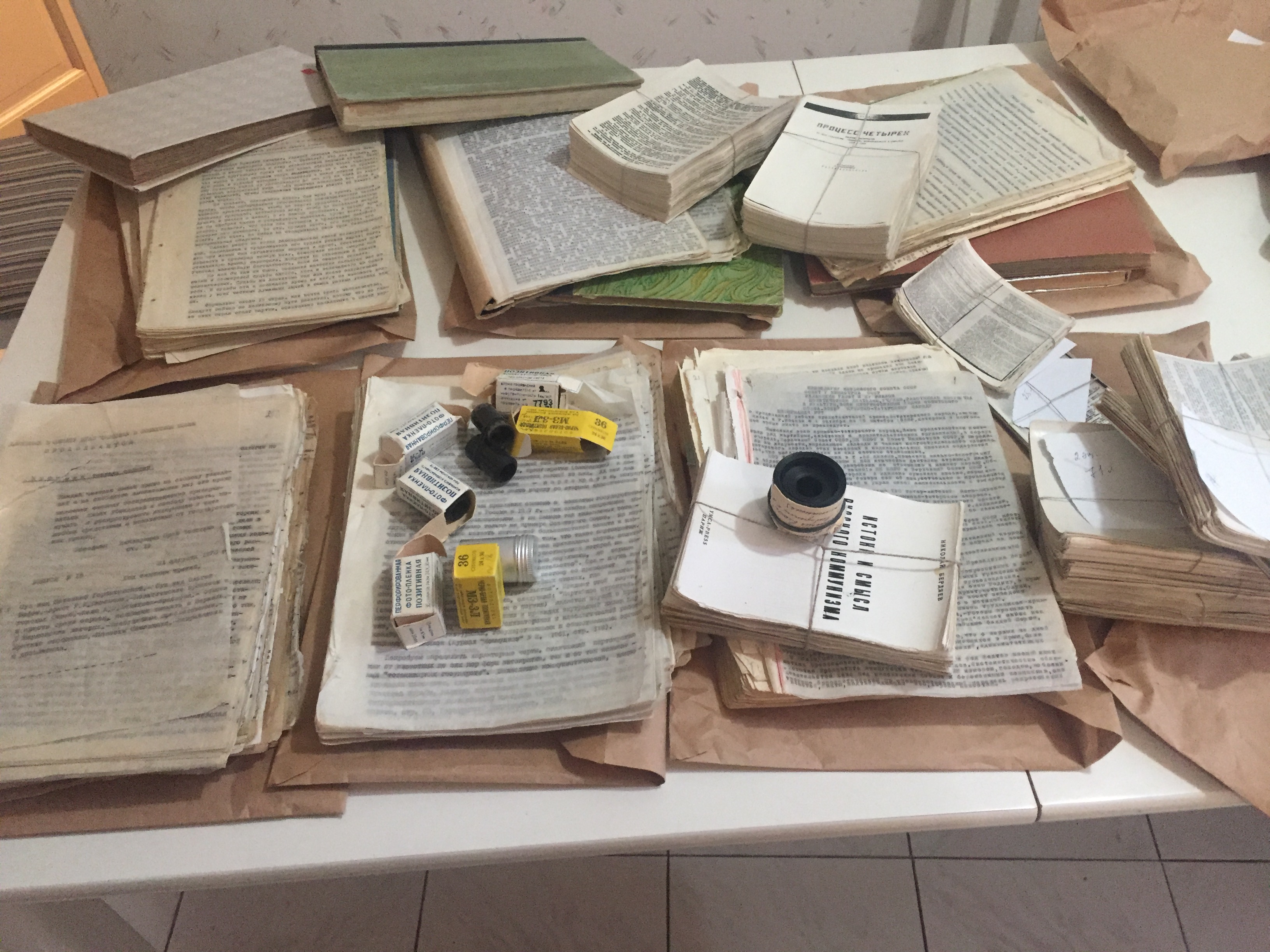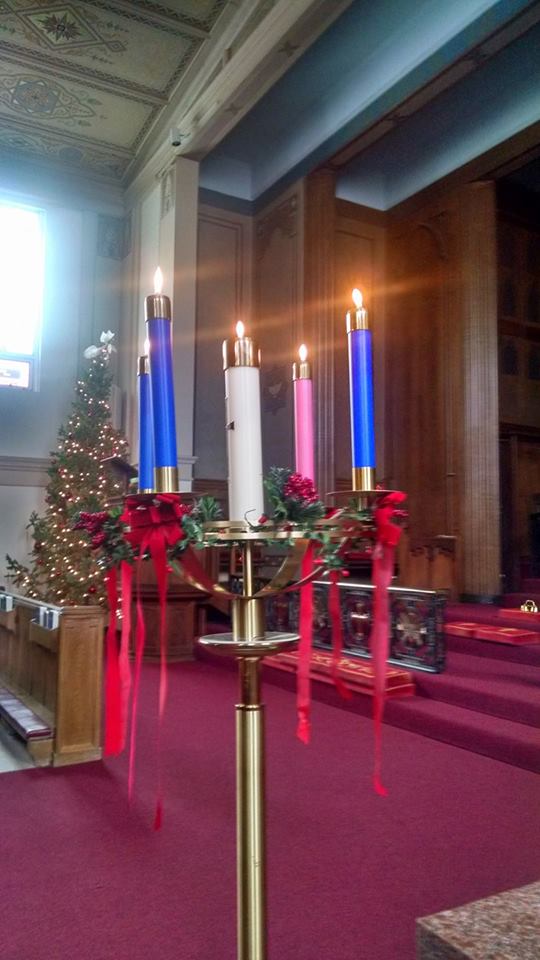Also available on Apple Podcasts
Author: fatherneo
All Saints and Baptism | Podcast
How Do You Make Sense of Death? | Holy Highball
“’A priest, an atheist, and an agnostic walk into a bar’ and the conversation about life and death gets pretty interesting!”
Do I Take My Faith Seriously? | Podcast
Christ Has Risen! | Podcast
An Impossible Lenten Challenge
I heard a sermon from an Orthodox priest on Lenten preparation a couple of weeks ago. He challenged his congregation with a simple Lenten challenge:
To stop speaking of other people’s sins.
I tried it and lasted about an hour. I realized how difficult it would be for myself, and then reflected that all of social media and most news outlets would have nothing to speak of if this practice was followed by everyone. I suppose even my writing of what others speak of and write about violates the challenge.
One day at a time perhaps?
SAINT ISAAC THE SYRIAN
“Angels and archangels, who are the king’s great officials, are gazing steadfastly upon you at the time of your prayer to see what petition you will make of their Master; and they are astonished and exultant whenever they behold one who is made of earth forsake his dung hill and ask for what is heavenly…Thirst for Jesus, that he make you drunk with his love. Close your eyes to the delights of this life, that God may deem you worthy to have peace reigning in your heart.”
St. Isaac the Syrian
Samizdat

Rod Dreher in his new book Live Not By Lies writes of those Christians under communism whose lives helped to inspire others to maintain their faith in the midst of extreme adversity. In Slovakia and other areas, dissidents were forced to publish their views, opinions, and cultural works via Samizdat, that is, secret literature printed on black underground printing presses. Samizdat was an invaluable source of truth, and inspiration as well as a source of survival. In it dissidents found a way to retain their national and religious identity in the face of militant atheism and deliberate undermining of history and cultural memory.
I wonder, though we live in a time where access to information is unprecedented, if we need a new kind of Samizdat. If classical Western culture is being undermined, do we need a body of literature, art and philosophy that reminds us of who we are? Are there films, biographies, novels, paintings, cultural artifacts (and of course practices) that the we all desperately need for a coming dark age? If so, what might our new Samizdat contain?
Fatherneo is Back!
It has been seven years since I have posted. I come to you now at the changing of the tide…
Seriously, Social Media has become toxic has it not? With 2020 being as it has been and with the election, etc. I can hardly stand the poison on Facebook/Twitter. Fatherneo has always been able to chase the White Rabbit wherever it leads, to politics, theology, whatever…but I need something different from the whataboutism of Social Media. I miss the old school blogging days when there was real give and take and not just poison pens. I hope to do that again!
Advent blessings!

Letter from a Soviet Concentration Camp March 2013
![]()
“On Easter Day all of us who were imprisoned for religious convictions were united in the one joy of Christ. We were all taken into one feeling, into one spiritual triumph, glorifying the one eternal God. There was no solemn Paschal service with the ringing of church bells, no possibility in our camp to gather for worship, to dress up for the festival, to prepare Easter dishes. On the contrary, there was even more work and more interference than usual. All the prisoners here for religious convictions, whatever their denomination, were surrounded by more spying, by more threats from the secret police. Yet Easter was there: great, holy, spiritual, unforgettable. It was blessed by the silent Siberian stars and by our sorrows. How our hearts beat joyfully in communion with the great Resurrection! Death is conquered, fear no more, an Easter is given to us! Full of this marvelous Easter, we send you from our prison camp the victorious and joyful tidings: Christos voskres! Christ is Risen!”